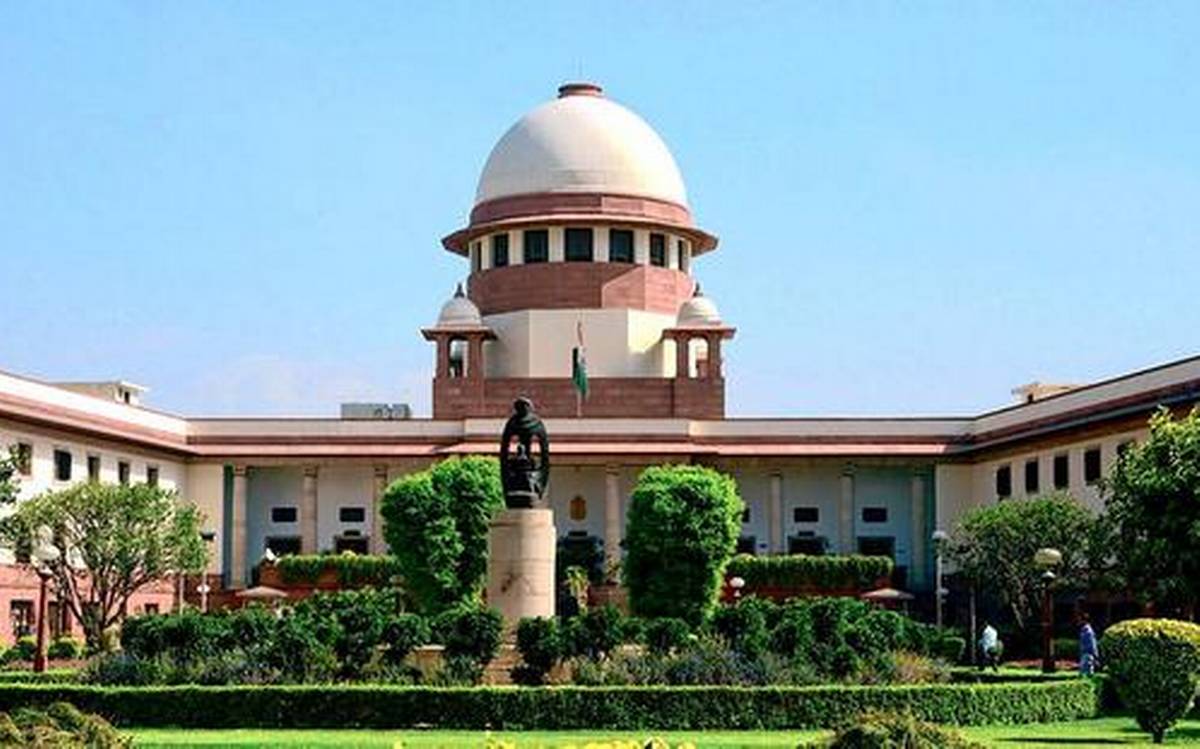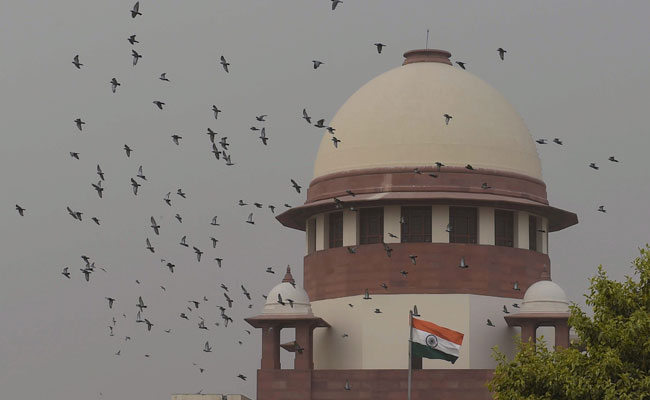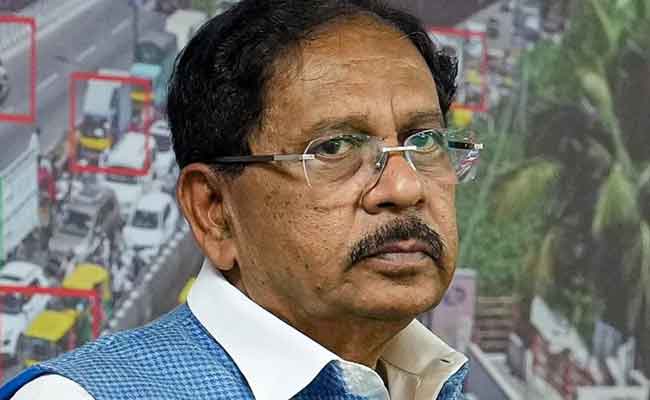New Delhi: The Centre on Wednesday urged the Supreme Court that its 2018 verdict decriminalizing colonial-era offence of adultery under the Indian Penal Code be not made applicable to armed forces.
A bench comprising Justices R F Nariman, Navin Sinha, and K M Joseph, after issuing the notice to the PIL petitioner one Joseph Shine and others on the Centre's plea, referred the matter to Chief Justice S A Bobde for setting up of a five-judge Constitution Bench which can clarify the position.
Issue notice. Since the clarification is on a Constitution Bench decision, it is appropriate that the Chief Justice issues orders to post this matter before a bench of five Judges. The Registry is directed to place the matter before the Chief Justice for appropriate orders, the bench said in its order.
During the hearing, Attorney General KK Venugopal said that under the relevant rules of armed forces, adultery is a ground for court-martial for unbecoming conduct and therefore armed forces should be exempted from the purview of the 2018 judgment of the Constitution Bench.
He said that a clarification is needed in this regard from the top court on the applicability of the verdict in armed forces.
In a path-breaking verdict, a five-judge Constitution bench headed by the then CJI Dipak Misra unanimously struck down Section 497 (adultery) of the Indian Penal Code and declared that adultery is not a crime and the penal provision was unconstitutional as it dented the individuality of women and treated them as "chattel of husbands".
The apex court, in a September 2018 judgment, however, had said that adultery would continue to be a ground for seeking a divorce in matrimonial disputes.
The Centre, in its interim plea filed in a disposed of PIL of Joseph Shine, has sought clarification and a direction that the judgment is not made applicable on special statutes and rules governing the armed forces which take actions on its personnel for indulging in adulterous relationships to ensure discipline in forces.
It has been said when jawans and officers are posted in forwarding inhospitable areas, their families are taken care of at base camp by other officers, and the laws and rules, providing actions for indulging in adulterous or promiscuous activity, help in maintaining discipline.
An armed forces personnel can be cashiered from service on grounds of unbecoming conduct for committing adultery with a colleague's wife, it said.
Section 497 of the IPC says: "Whoever has sexual intercourse with a person who is and whom he knows or has reason to believe to be the wife of another man, without the consent or connivance of that man, such sexual intercourse not amounting to the offence of rape, is guilty of the offence of adultery."
Adultery was punishable by a maximum of five years in jail or a fine or both.
Striking down the law, the apex court had said that section 497 of the IPC was manifestly arbitrary, archaic law which is violative of the rights to equality and equal opportunity to women.
Let the Truth be known. If you read VB and like VB, please be a VB Supporter and Help us deliver the Truth to one and all.
New Delhi (PTI): The Supreme Court on Friday told the Delhi government that it would consider listing its plea challenging the central government's law establishing pre-eminence of the lieutenant governor over the elected dispensation in controlling services in the national capital.
A bench comprising Chief Justice D Y Chandrachud and justices JB Pardiwala and Manoj Misra was urged by senior advocate Abhishek Singhvi, appearing for the AAP government, that the whole administration has come to a standstill and the matter needed to be heard.
The CJI said presently a nine-judge bench matter is going on and he will consider the submission.
Presently, the nine-judge bench headed by the CJI is hearing petitions raising a vexed legal question whether private properties can be considered "material resources of the community" under Article 39(b) of the Constitution, which is a part of the Directive Principles of State Policy.
The top court had earlier referred to a five-judge Constitution bench the Delhi government's plea challenging the Centre's May 19, last year ordinance which took away the control over services from the city dispensation and set off a fresh tussle between the two power centres.
Later, a central law replaced the ordinance on the issue.





